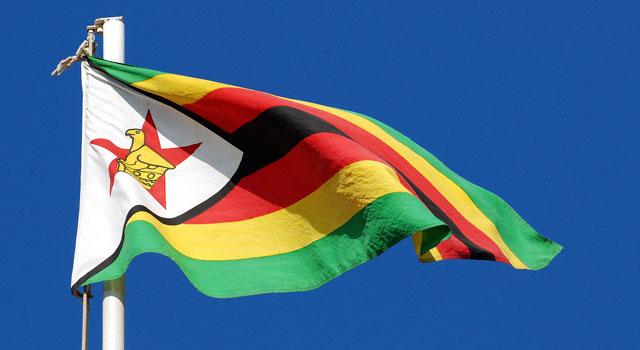News / National
Zimbabwe sees surge in business visitors
8 hrs ago | Views

Zimbabwe has recorded a notable resurgence in business travel, with 384,221 business visitors entering the country in 2024 - surpassing pre-pandemic levels and signalling renewed global interest in the nation's economic prospects.
According to statistics released by the Zimbabwe National Statistics Agency (Zimstat), the 2024 figures represent the second-highest business arrivals since 2013, falling just short of the 407,257 recorded in 2016. The lowest number of business visitors in the past decade was in 2015, when only 165,410 people visited the country for commercial purposes.
This significant rebound follows a sharp decline in 2020, when Covid-19 travel restrictions slashed arrivals to just 82,694. The latest figures reflect a steady recovery, with 2024's arrivals representing a considerable increase from 324,834 in 2023 and well above the 254,271 recorded in 2019, just before the pandemic.
The spike is being attributed largely to the government's sustained "Zimbabwe is Open for Business" campaign, which has prioritised attracting foreign direct investment and fostering a conducive business environment. The messaging, amplified over recent years, has resonated with international investors eager to explore opportunities in the country's expanding sectors, including mining, agriculture, manufacturing, and tourism.
Institutions such as the Zimbabwe Investment and Development Agency (ZIDA) and ZimTrade have played a pivotal role in facilitating this growth by streamlining investment processes and strengthening international market linkages. Their efforts to showcase Zimbabwe's economic potential have helped draw new investors and reconnect with longstanding partners.
The rise in business arrivals is also seen as a vote of confidence in the country's economic trajectory and reform agenda. Analysts believe this trend could stimulate more deals, enhance sectoral productivity, and contribute meaningfully to national development goals outlined in Vision 2030.
With momentum growing, Zimbabwe is poised to further consolidate its status as an emerging investment destination in Southern Africa.
According to statistics released by the Zimbabwe National Statistics Agency (Zimstat), the 2024 figures represent the second-highest business arrivals since 2013, falling just short of the 407,257 recorded in 2016. The lowest number of business visitors in the past decade was in 2015, when only 165,410 people visited the country for commercial purposes.
This significant rebound follows a sharp decline in 2020, when Covid-19 travel restrictions slashed arrivals to just 82,694. The latest figures reflect a steady recovery, with 2024's arrivals representing a considerable increase from 324,834 in 2023 and well above the 254,271 recorded in 2019, just before the pandemic.
The spike is being attributed largely to the government's sustained "Zimbabwe is Open for Business" campaign, which has prioritised attracting foreign direct investment and fostering a conducive business environment. The messaging, amplified over recent years, has resonated with international investors eager to explore opportunities in the country's expanding sectors, including mining, agriculture, manufacturing, and tourism.
Institutions such as the Zimbabwe Investment and Development Agency (ZIDA) and ZimTrade have played a pivotal role in facilitating this growth by streamlining investment processes and strengthening international market linkages. Their efforts to showcase Zimbabwe's economic potential have helped draw new investors and reconnect with longstanding partners.
The rise in business arrivals is also seen as a vote of confidence in the country's economic trajectory and reform agenda. Analysts believe this trend could stimulate more deals, enhance sectoral productivity, and contribute meaningfully to national development goals outlined in Vision 2030.
With momentum growing, Zimbabwe is poised to further consolidate its status as an emerging investment destination in Southern Africa.
Source - The Herald
































